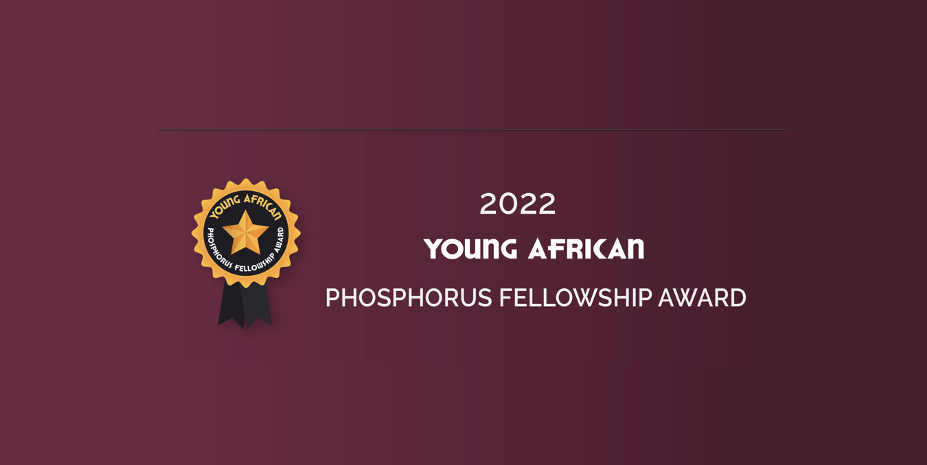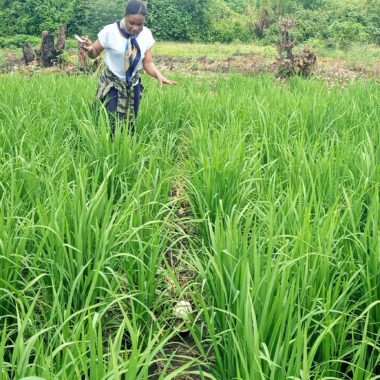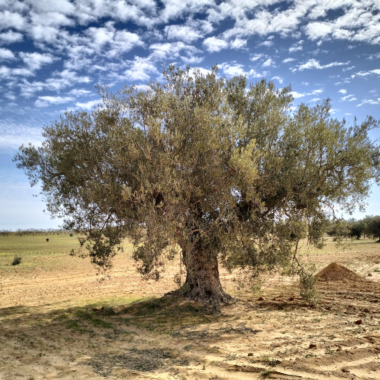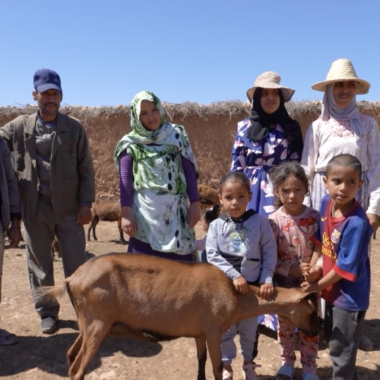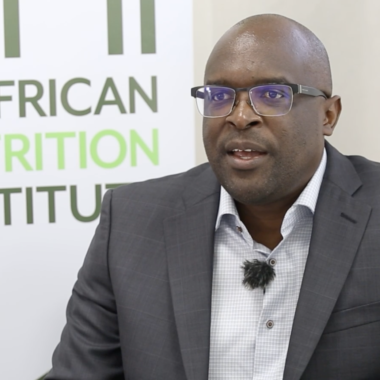Recipients Selected for the 2022 Young African Phosphorus Fellowship Award
Benguérir, Morocco, 31 October, 2022 – The African Plant Nutrition Institute (APNI) has announced the finalists of its Young African Phosphorus Fellowship Award.
The two early career researchers who submitted successful proposals will receive $5,000 (U.S. Dollars).
This scholarship is supported through APNI’s continued and valued partnership with Mohammed VI Polytechnic University (UM6P) and OCP Group (OCP S.A.). This initiative strives to encourage scientific programs relevant to understanding and improving phosphorus (P) management in agro-ecosystems. This year’s recipients include:
 Dr. Uchechukwu Paschal Chukwudi— Nigeria
Dr. Uchechukwu Paschal Chukwudi— Nigeria
Lecturer, Department of Crop Science, University of Nigeria
Area of Study: Judicious Phosphorus Management: Assessment of rice farmers’ knowledge and best practices
The broad objective of this study is to assess rice farmers’ knowledge, perception, and use of phosphorus fertilization in the derived Guinea Savannah agro-ecological zone of Nigeria. Specifically, the study will 1) Identify and characterize the socioeconomic features of rice farmers, 2) assess the perceived constraints to phosphorus application in rice farming, 3) evaluate the farmers’ knowledge of phosphorus application in rice farming, and 4) enlighten farmers on the identified knowledge gap on phosphorus application in rice farming.
Closing the P and other nutrient cycles is a critical issue that must be addressed both locally and worldwide in order to improve P usage efficiency, fulfill stricter water quality and nutrient criteria, and provide affordable food in sustainable agricultural systems. As studies point to the need for increased fertilizer use in Nigeria for bumper yield, there is a need to raise awareness among Nigeria’s small-holder rice farmers, who account for 80% of the country’s rice production, about the benefits of using P fertilizer judiciously to produce a high yield without endangering the environment.
 Mr. Tonny Phirilani Tauro — Zimbabwe
Mr. Tonny Phirilani Tauro — Zimbabwe
Lecturer (Soil microbiology), Marondera University of Agricultural Sciences and Technology, Marondera, Zimbabwe
Area of Study: Rethinking P fertilizer recommendations for crop intensification in Zimbabwe: Mechanisms of unlocking microbial P immobilization
The main objective of the study is to assess the impact of increasing P rates on soil available P, soil microbial dynamics, cereal yields and use efficiencies. The specific objectives are to: 1) determine the influence of increasing P rates on soil available P, soil microbial dynamics and P use efficiency, 2) evaluate the influence of soil microorganisms and pH dependent reactions on soil available P dynamics following P application under different fertilizer management systems (sole fertilizer vs co-application of organic and inorganic fertilizer), and 3) evaluate the economics of increasing P rates in maize cropping systems.
The study will focus on ways to unlock immobilized P in microbial biomass which is competing with crop. Increasing the application of inorganic P fertilizer is likely to offset microbial immobilization when other nutrients are adequately supplied, in particular nitrogen. The synergic relationship between phosphorus and nitrogen indicates that an offsetting response is likely when N, K, S and carbon are non-limiting. Microbial immobilization and release will proceed while the highly reactive phosphate anions react with Al, Fe, and clay materials. As such there is need to understand the actual pathway ultimately making P more available.
###
For more information on the Young African Phosphorus Fellowship or our our Award programs see APNI.net/awards

